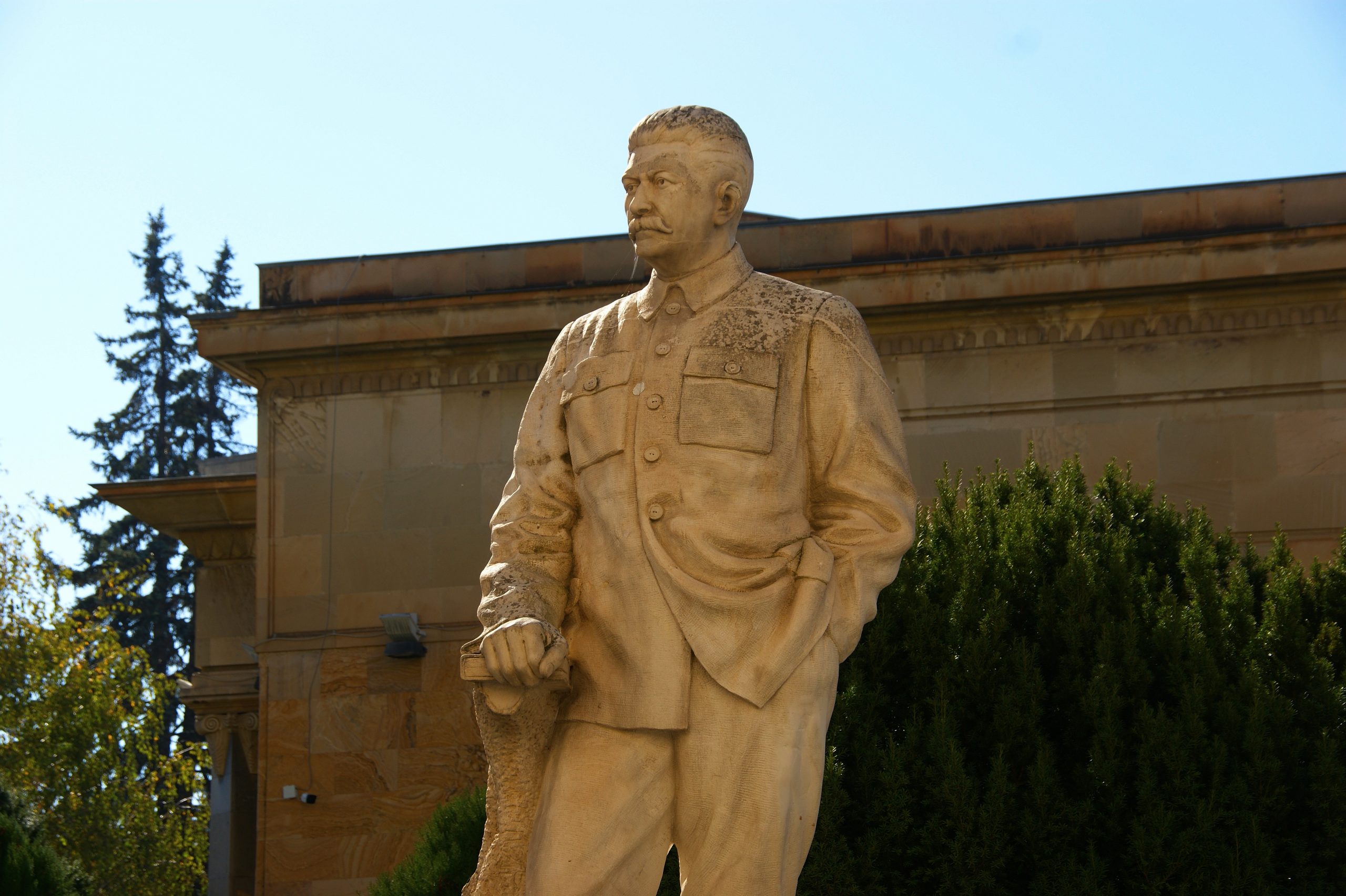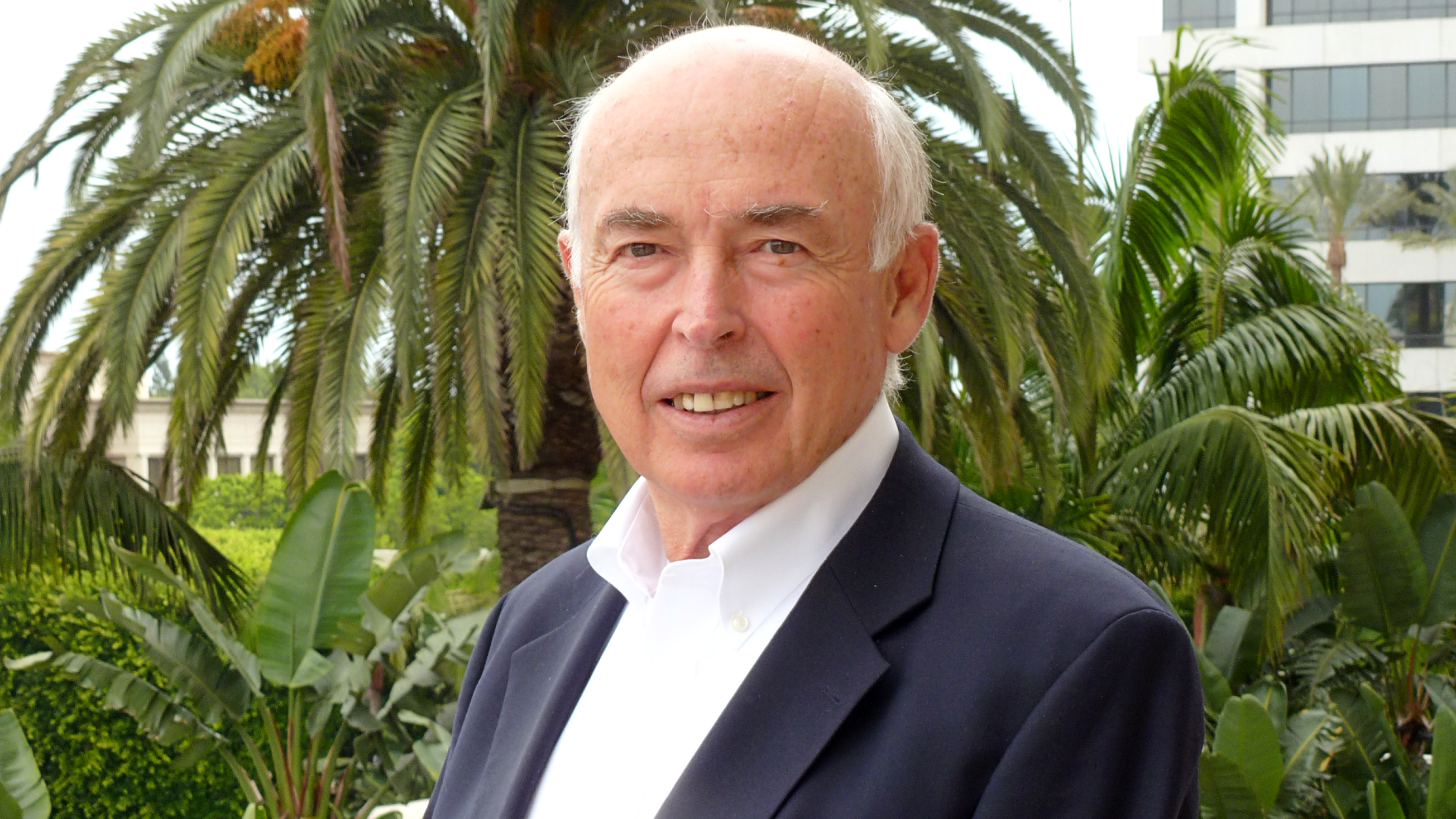Our useless ruling classes are making a hard decision way, way worse.
Underground Stalinism

American communism never disappeared. It lingers in disguise.
The history of American Communism evinces two major fractures. The signing of the Nazi-Soviet Non-Aggression Pact in 1939 shook many Communists, who were astounded that the primary global force against fascism would ally with its very incarnation. Mythographers imply that there was mass disillusion with the Party, but in reality the rolls fell from a height of 66,000 in January, 1939 to about 55,000 in January, 1940, and then to 50,000 a year later.
After Hitler invaded the Soviet Union in June, 1941, numbers rebounded. By 1947, the Communist Party of the United States reached a peak of about 75,000 registered and dues-paying members. Membership fell off over the next few years as congressional investigations ramped up regarding the penetration of the government by Communist spies; the evident delivery of atomic secrets to the Soviet Union; and the prosecution of the Korean War dampened enthusiasm for the Stalinist regime.
According to the received history of the postwar period, the major shock to American Communism arrived in Spring 1956, with the revelations of Khrushchev’s “Secret Speech,” which denounced certain excesses of the Stalinist regime. This seven-hour coda to the 20th Communist Party Congress became known as “On the Cult of Personality and its Consequences.” The speech, delivered in February of 1956, rocked hardline Communists with its revelations that Stalin had centered himself over the principles of the Party and “used extreme methods and mass repressions at a time when the revolution was already victorious.”
Stalin, reported Khrushchev, had “brutally violated Soviet legality” in purging and executing thousands of Party members. He also “minimized the role and military talents of Marshal Zhukov” to give himself more credit for successfully defeating Germany; similarly, Stalin influenced the making of the film The Fall of Berlin to imply that he was the hero of the war. “Not Stalin, but the Party as a whole, the Soviet Government, our heroic Army, its talented leaders and brave soldiers, the whole Soviet nation – these are the ones who assured victory in the Great Patriotic War,” announced Khrushchev to thunderous applause.
Following these revelations, we have been told, thousands of American Communists were thunderstruck at the news that Stalin was, contrary to widespread belief, not just fallible but actually evil. For example, Howard Fast, the bestselling author of Citizen Tom Paine and Spartacus, was one of America’s most prominent Communists, and a columnist at the Daily Worker, the official organ of the CPUSA. Fast was awarded the Stalin Peace Prize in 1953. On hearing the news, Fast told the New York Times that he was “surprised and bewildered,” adding that he hoped “this award will contribute further to the struggle for peace.”
But just three years later, Fast suffered a crisis of conscience after reading of the exposure of Stalin’s excesses in the “Secret Speech.” At first, he noted that the speech was a “record of mistakes, large and small.” But after a period of reflection, he felt that “something broke” inside of him, leaving him with a sense of “grief, horror, and helplessness.” Fast wrote, in his last Daily Worker column, “It is a strange and awful document, perhaps without parallel in history: and one must face the fact that it itemizes a record of barbarism and blood-lust that will be a lasting and shameful memory to civilized man.”
Fast left the Party, along with thousands of others. Membership fell from 20,000 to about 3,000 after Khrushchev’s revelations about Stalin. That’s the potted version: American Communists were horrified to learn that Stalin was a bad guy, so they quit. But doesn’t it seem like something is missing from this story?
The main thing about the “Secret Speech” is that, while it was held in secret, it didn’t reveal any secrets. Anyone who had been paying even desultory attention to the career of Stalin since the late twenties could have known he was a madman with a mania for killing not only anyone who had ever known him, but untold millions of others. I am not going to get into the specifics of his crimes, but even revisionist historians of the period who apply the most conservative analyses estimate that Stalin was directly responsible for killing 7 million; other estimates rise as high as 20 million.
So is it credible that the rather tepid and limited detail of the Secret Speech could have rocked the world of a sensitive and brilliant historian and novelist like Howard Fast, and thousands like him?
My (perhaps tendentious) hypothesis is that Fast et al. were not so much devastated by Khrushchev’s revelations about Stalin as they were by the fact that Stalin, their hero and god, was being posthumously purged from the Party. They saw that the new direction of the Soviet Union was softer and more accommodationist; that the independent socialism of Yugoslavia’s Tito was no longer to be viewed as a threat, for example, and faced by the prospect of a Soviet Union without Stalin, they chose the Albanian option of Enver Hoxha, and cut themselves off Moscow. They didn’t leave the Party, they might have said: the Party left them.
According to my thesis, American Communist hardliners only pretended to reject Stalinism. In fact, they disguised themselves as lovers of American liberal democracy and burrowed deep within our institutions: journalism, academia, law and the judiciary, the clergy, and entertainment. From there they promoted the instantiation of true communism in the creation of a new constitutional regime, based not on the innate equality of man, but on the engineering of society according to equality of outcome for all. They pursued a relentless, subterranean war against the traditional American values of the family, which according to Engels were the root of capitalist economic structures. They demanded an overturning of all hierarchy and the relentless questioning of sexual mores. They learned to disguise their subversive ideology in the native language of American norms of fairness, in order not to alarm the nation’s massive middle class with the language of outright class warfare.
American Stalinists never renounced their true faith. They just took it underground. And they are on the brink of a victory that Stalin himself must be chuckling over from wherever he is now.
The American Mind presents a range of perspectives. Views are writers’ own and do not necessarily represent those of The Claremont Institute.
The American Mind is a publication of the Claremont Institute, a non-profit 501(c)(3) organization, dedicated to restoring the principles of the American Founding to their rightful, preeminent authority in our national life. Interested in supporting our work? Gifts to the Claremont Institute are tax-deductible.
Biden’s handpicked banker declares war on digital freedom.
A closer look at Eric Adams’s odd history
Compute or be computed.
In memoriam





